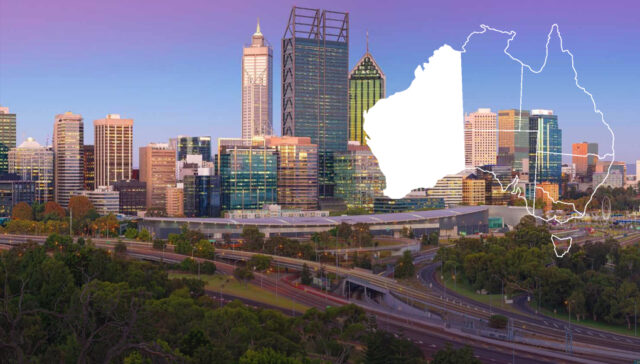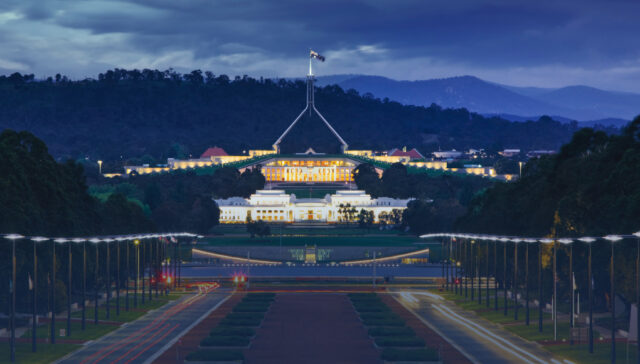China’s Dystopia II: The Digital Panopticon
During my recent one-month stay in China’s bustling metropolises, the omnipresence of technology, particularly WeChat (a “Super App” Elon Musk wants X to be for the West), was starkly evident. QR codes adorned nearly every surface, from restaurant menus to market stalls, making WeChat an indispensable part of daily life. The ‘everything app’ seamlessly integrates functions akin to WhatsApp, Facebook, eBay, Uber and many others into one platform.
The convenience it offers is undeniable: messaging, social networking, making payments, ordering food and hailing rides are all accomplished with a few taps on a smartphone. However, beneath this veneer of ultra-convenience lies a more ominous reality.
The Illusion of Convenience Over Privacy
In Aldous Huxley’s “Brave New World”, a superficially perfect society masks deep underlying issues. This theme resonates profoundly with my experience in China. On the surface, life is streamlined and digitised. In cities like Shanghai, cash is almost obsolete (I used no cash at all for the one-month trip), and every need or whim is catered to with astonishing efficiency, with technology not just an enabler but a dominant force shaping society. Yet, this convenience comes at a steep cost – privacy is virtually non-existent.
The convenience of digital transactions allows the government to track and control the financial activities of its citizens.
Surveillance: Beyond the Physical Realm
The extensive surveillance network I described in “China’s Dystopia I: Security to Slavery” is not limited to physical spaces. Every transaction, interaction or movement facilitated by WeChat and other digital platforms is tracked, recorded, and scrutinised whenever the government deems necessary. The app, while a marvel of modern technology, doubles as a tool for surveillance, with the Chinese government having unfettered access to the data collected.
Digital Dystopia: A Double-Edged Sword
This digital ecosystem, on one hand, epitomises technological advancement and consumer convenience. On the other, it represents a dystopian reality where personal details, preferences, and even thoughts are no longer private. Every digital footprint is monitored, contributing to a profile that the government can access and analyse at will. The notion of ”Big Brother” in George Orwell’s “1984” finds a parallel here, though it is perhaps more aptly described by Huxley’s vision where citizens are placated with pleasures and conveniences, unaware of or indifferent to the loss of their freedoms.
The Perils of a Cashless Society and Social Credit
The move towards a cashless society in China brings its own set of risks. The convenience of digital transactions allows the government to track and control the financial activities of its citizens. Coupled with the social credit system, this creates a scenario where individuals can be rewarded or punished not just for their actions, but also for their associations.
This system has become a tool for cracking down on dissent. Individuals or groups who interact with or support entities disfavoured by the government can find themselves facing financial restrictions or worse. Being locked out of WeChat, for example, effectively prevents participation in daily life.
This level of control over personal and financial interactions adds another layer to the surveillance state, where not just actions, but also associations, are monitored and controlled.
This digital ecosystem, on one hand, epitomises technological advancement and consumer convenience.
Rethinking Freedom in a Digitally Connected World
As we progress further into the digital era, the Chinese model serves as a crucial case study for the rest of the world. It poses a fundamental question: what is the true cost of convenience? In a society where every digital interaction is monitored, can freedom truly exist? The allure of a frictionless, digital life is powerful, but it should not blind us to the importance of safeguarding our privacy and freedom.
As Australia observes the unfolding digital dystopia in China, it becomes imperative to reflect upon our own relationship with technology and surveillance. While enjoying a more open and democratic society, Australia is not immune to the risks posed by the unchecked expansion of surveillance technologies. The use of such technologies for contact tracing during the COVID-19 pandemic signalled clear privacy erosion and government overreach.
As Australia strides forward in its technological journey, it must tread cautiously to avoid the pitfalls seen in China. As Huxley’s “Brave New World” warns, a society enamoured with comfort and entertainment may be blind to the erosion of its essential liberties. The challenge for us is to ensure that technological advancements serve humanity, not government.








